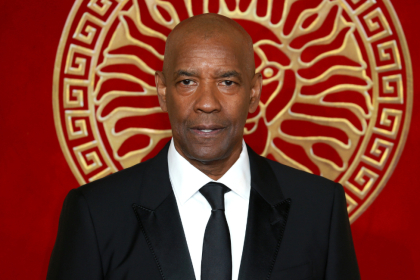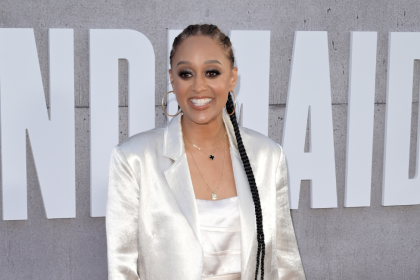
Madonna is speaking out about her interactions with disgraced movie producer Harvey Weinstein.
The 60-year-old singer’s 1991 documentary Truth or Dare was distributed by Miramax — owned by Weinstein and his brother at the time — and the “Like a Prayer” hitmaker alleges he acted in the same way to “a lot of other women” in the industry but says people “put up with it” because he was in such a powerful position.
She said: “Harvey crossed lines and boundaries and was incredibly sexually flirtatious and forward with me when we were working together; he was married at the time, and I certainly wasn’t interested.
“I was aware that he did the same with a lot of other women that I knew in the business.
“And we were all, ‘Harvey gets to do that because he’s got so much power, and he’s so successful, and his movies do so well, and everybody wants to work with him, so you have to put up with it.’ So that was it.”
Madonna claims the movie mogul has been “abusing his power for so many years,” and she wasn’t surprised when she heard a number of people had come forward in October 2017 accusing him of sexual misconduct, which resulted in him being kicked out of the Academy of Motion Picture Arts and Sciences.
Speaking to The New York Times Magazine, she added: “So when it happened, I was really like, ‘Finally.’
“I wasn’t cheering from the rafters because I’m never going to cheer for someone’s demise. I don’t think that’s good karma anyway.
“But it was good that somebody who had been abusing his power for so many years was called out and held accountable.”
Weinstein has been accused of sexual misconduct by more than 50 people, and he was recently said to have reached a “tentative” deal with his sexual abuse accusers to pay $44 million in compensation.
Lawyer Adam Harris, who is acting for The Weinstein Company co-founder Bob Weinstein, told a bankruptcy court judge: “We now have an economic agreement in principle that is supported by the plaintiffs, the [New York attorney general’s] office, the defendants and all of the insurers that, if approved, would provide significant compensation to victims, creditors and the estate and allow the parties to avoid years of costly, time-consuming and uncertain litigation on all sides.
“There is [still] a lot of work here to do. But I personally am very optimistic.”












